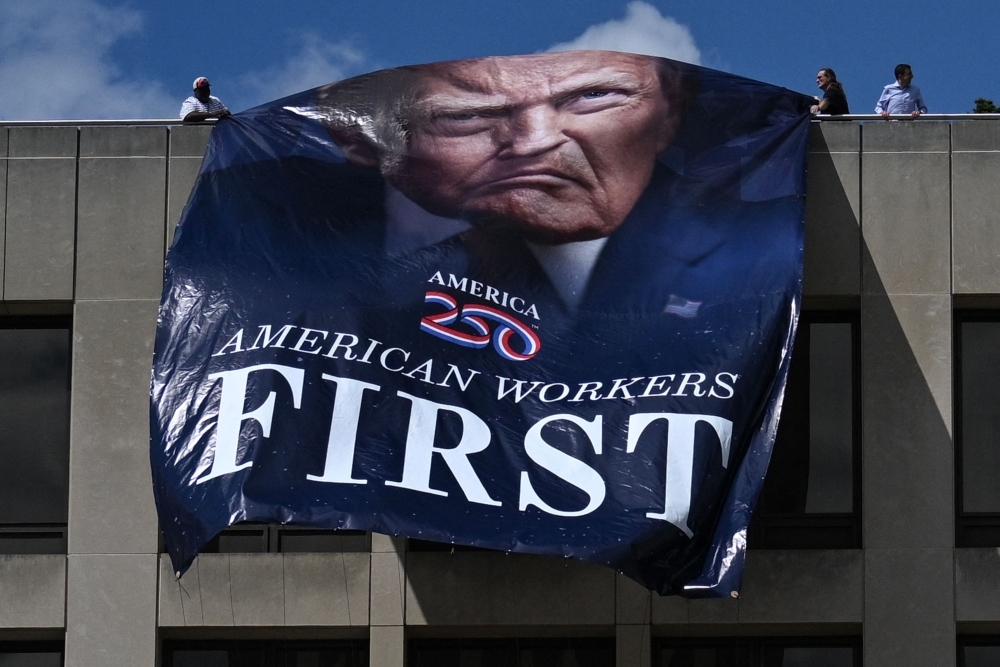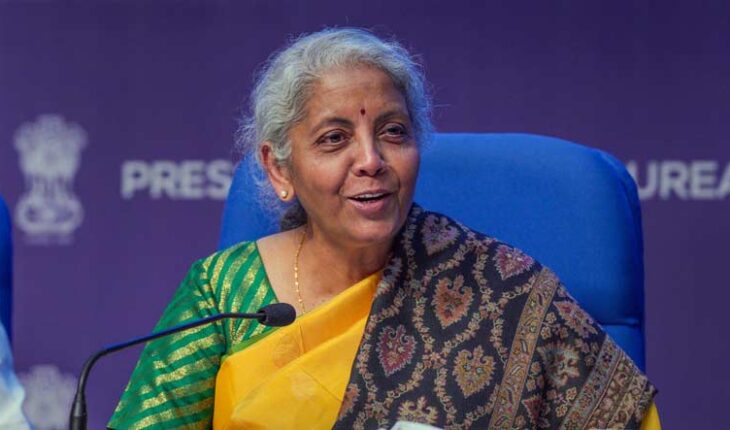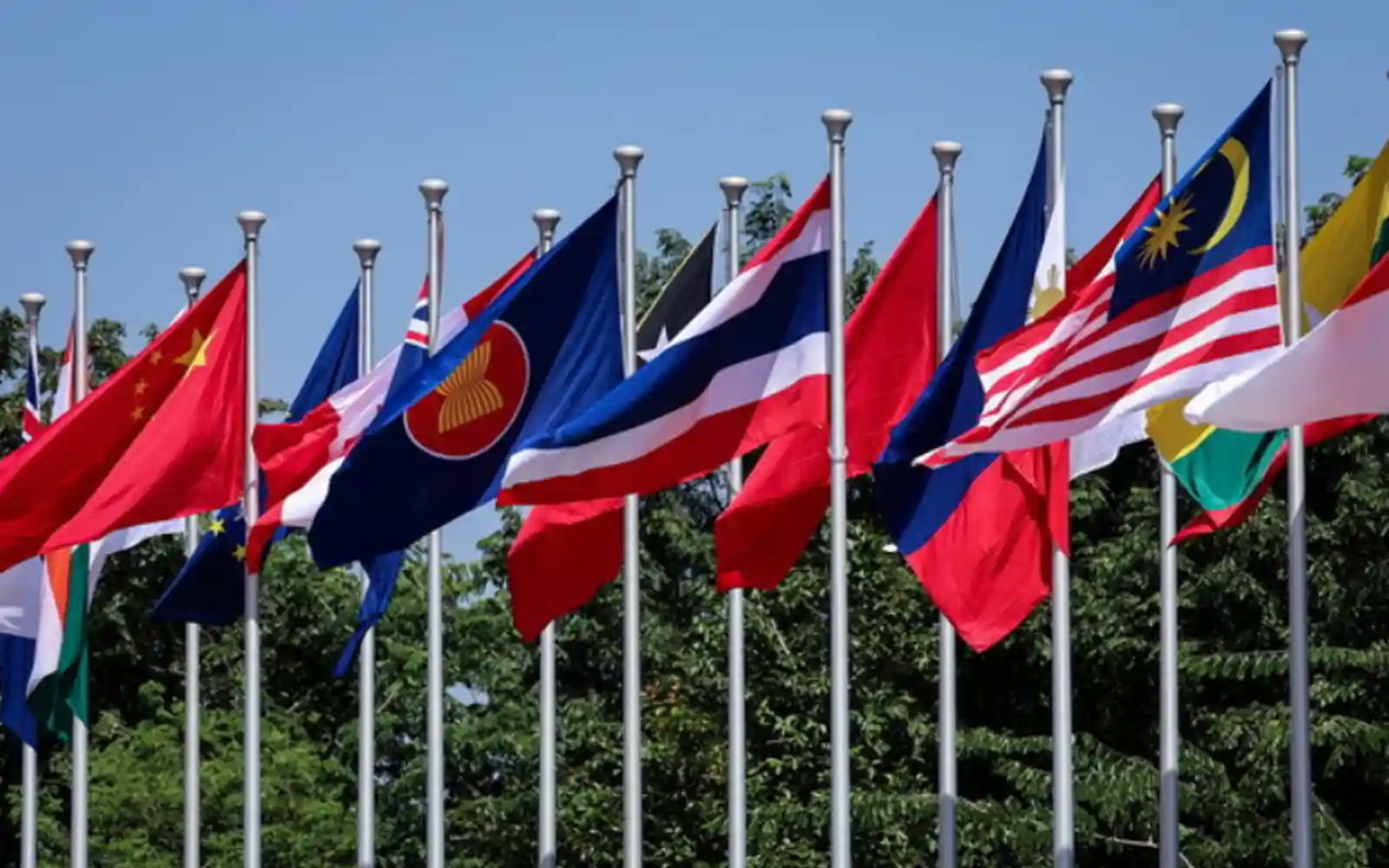WASHINGTON, Aug 28 – In another move aimed at reshaping the U.S. immigration landscape, the Trump administration has proposed a new rule that could drastically alter the academic journey of foreign students and the work terms of international journalists in the United States.
If implemented, the new policy would cap student visas at a maximum of four years, regardless of the length of a degree program. For foreign journalists, the proposed rule would limit their stay to 240 days, with the possibility of just one 240-day extension.
This is a significant shift from the current system, where student and journalist visas are typically tied to the duration of their programs or assignments, with flexibility to adapt to real-life timelines. While no non-immigrant visas are valid for more than 10 years, students were previously allowed to remain as long as they were actively studying.
The Department of Homeland Security (DHS) claims the change is needed to curb what it calls “‘forever’ students” — individuals who continually extend their studies to stay in the country. In a statement, DHS suggested this practice posed a security risk and financial burden, although it provided no data to show how Americans were being harmed by the presence of international students.
In contrast, the numbers paint a different picture. According to the U.S. Commerce Department, international students contributed over $50 billion to the U.S. economy in 2023 alone. During the 2023–24 academic year, the U.S. hosted more than 1.1 million foreign students — more than any other country. These students often pay full tuition and play a vital role in research, innovation, and the diversity of campus life.
The reaction from the academic community has been swift and critical.
“This proposed rule sends a message to talented individuals from around the world that their contributions are not valued in the United States,” said Miriam Feldblum, President and CEO of the Presidents’ Alliance on Higher Education and Immigration. “This is not only detrimental to international students — it also weakens the ability of U.S. colleges and universities to attract top talent, diminishing our global competitiveness.”
The announcement, coming just as colleges and universities begin the new academic year, adds another layer of uncertainty for students already navigating a challenging post-pandemic education environment. Many institutions have already reported a decline in international student enrollment following previous visa clampdowns.
For students who leave their families behind to pursue dreams in America — often at great personal and financial cost — this proposal feels less like policy and more like rejection. At a time when the world is more interconnected than ever, such a message risks pushing future innovators, leaders, and allies away from U.S. shores.




